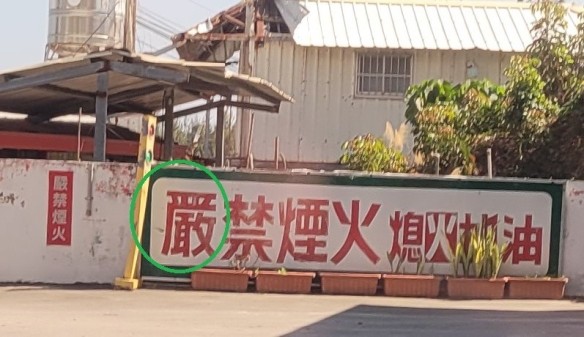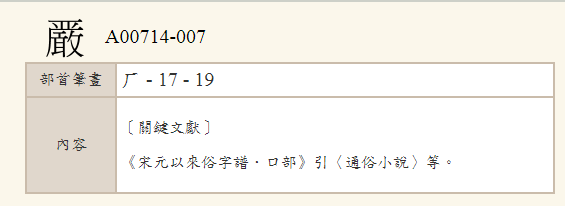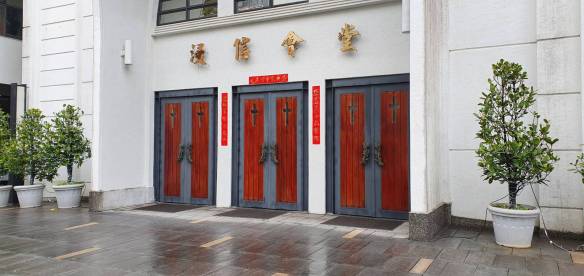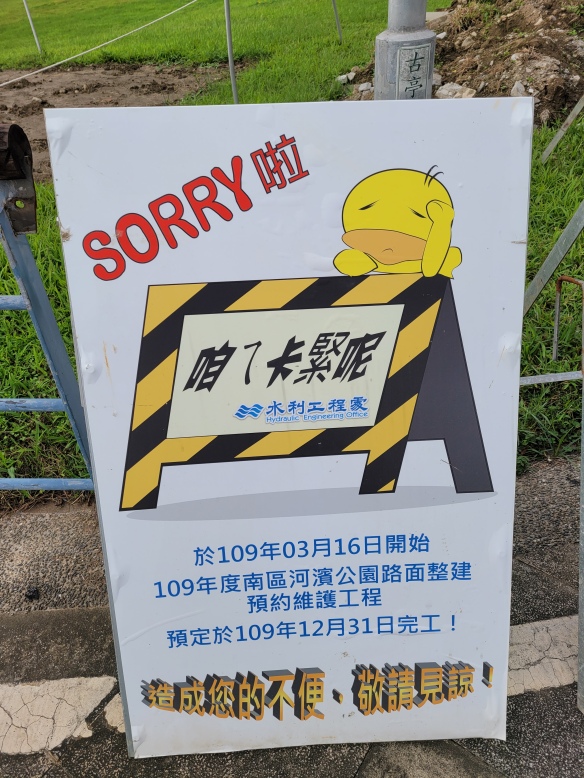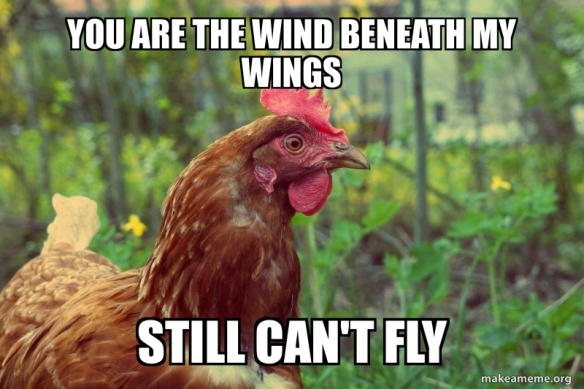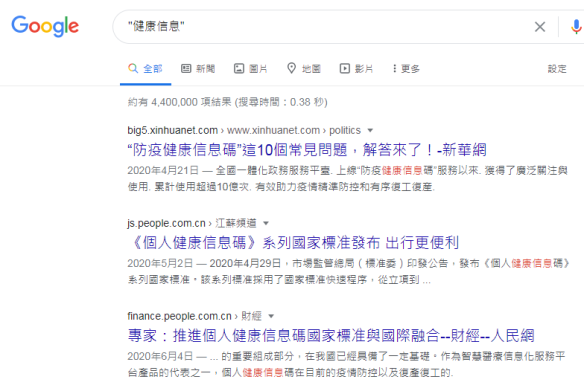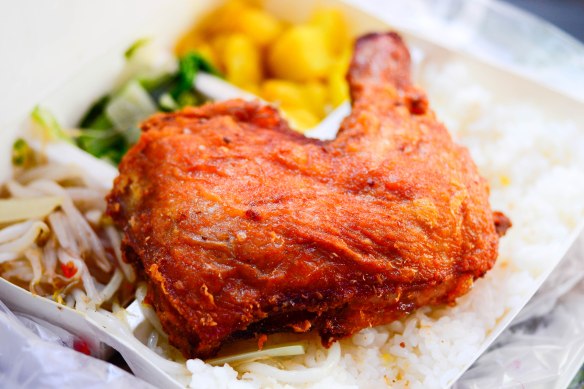
微塵眾中
在無窮的時空裡
每一個人
都只是微塵
微塵而已
我是一粒塵埃
輕如孢子
隨著命運
隨著風
沾上你的衣
(節錄)
Amid a Cloud of Dust
In endless time and space
Each person
Is just a speck of dust
But a speck of dust
I’m a piece of lint
Light as a spore
Swept by fate
Swept by the wind
On to your clothes
(An extract)
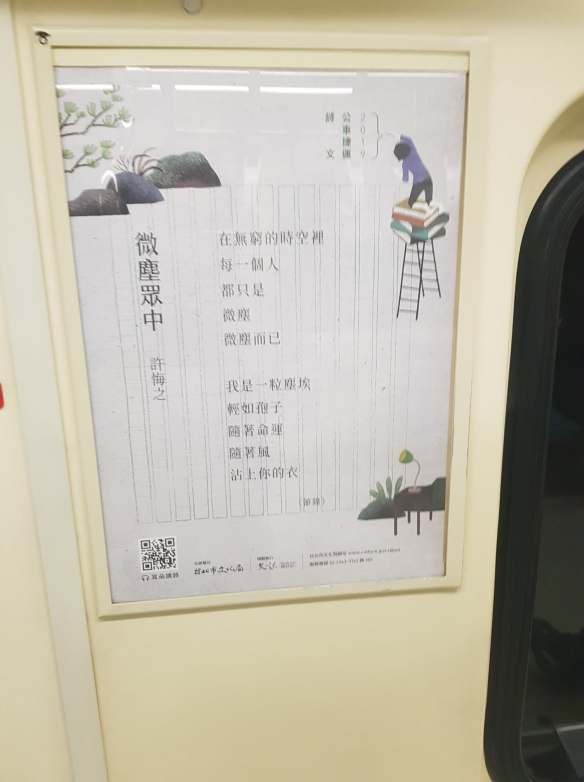
Hsu Hui-chih (許悔之) is a poet and calligrapher born in 1966 in Taoyuan in Taiwan. He graduated from National Taipei Institute of Technology (now National Taipei University of Technology) in chemical engineering and has worked as the editor of the supplements of the Liberty Times and China Evening News and the chief editor of literary monthly magazine Unitas.
As you might be able to tell, I was feeling kind of sheepish when I took the photo, hence the blurriness, so had to Google parts of the poem to make it out. That’s when I discovered that the poem has a final verse that wasn’t included in the MRT version as below:
微塵眾啊
微塵眾
如此眾中
遇到你
In a cloud of dust
Amid the dust
In this swirling mass
I came upon you
I liked how the poet was able to convey that sense of wonder at finding a kindred spirit at a certain point in the infinity of time and space. There’s also a recognition of the relative insignificance of humanity in terms of the universe, similar to Carl Sagan’s reflections on planet earth being portrayed as a pale blue dot in the Voyager 1’s pictures of the solar system:



